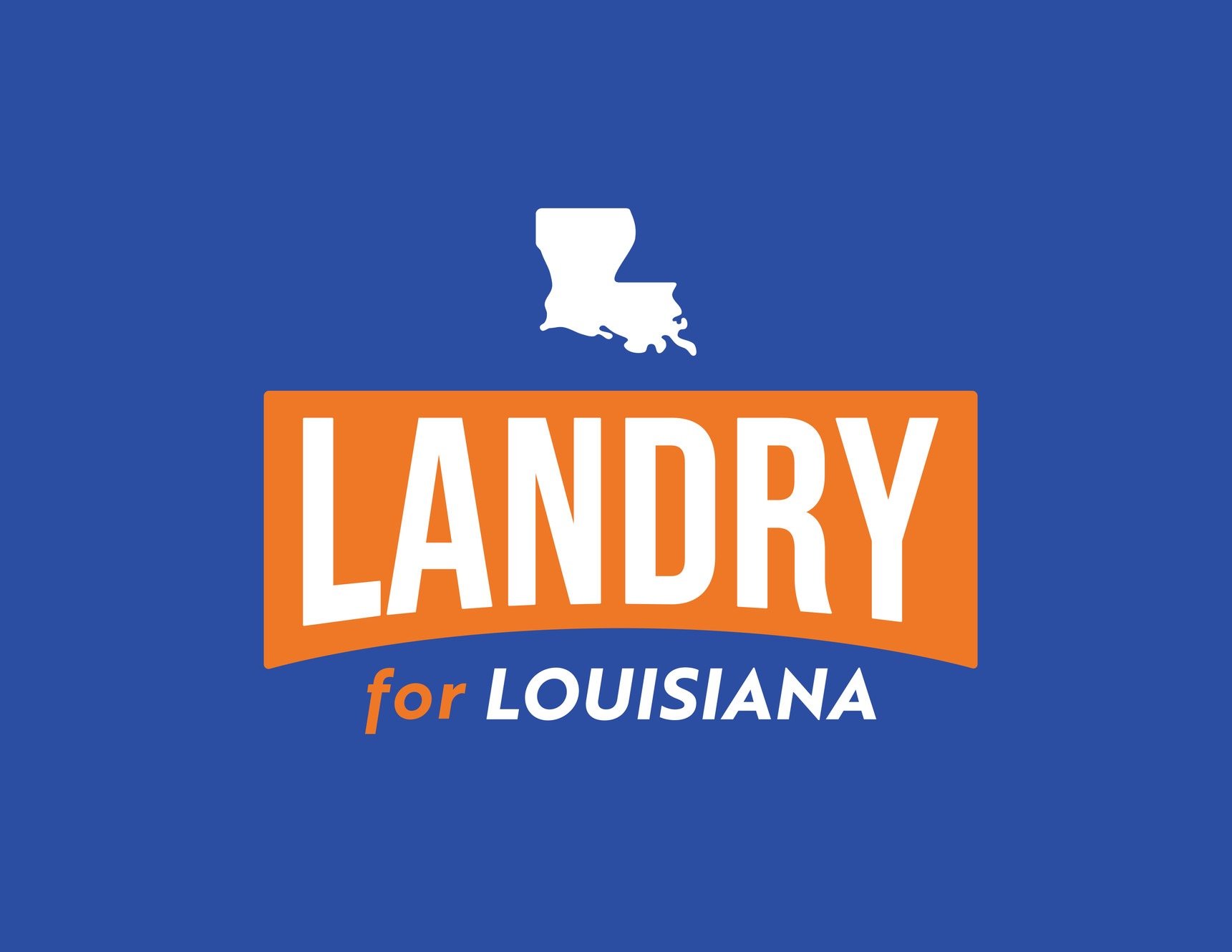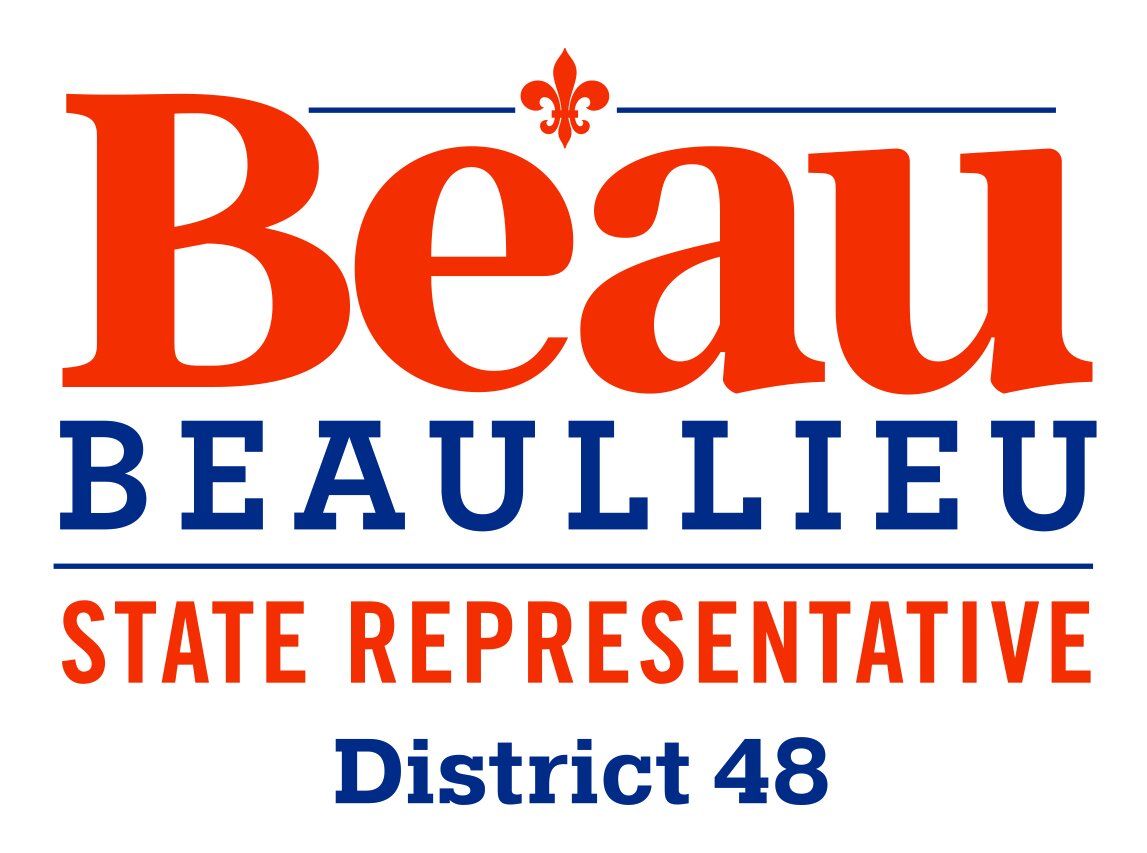On January 10, 1980, the New England Journal of Medicine published a letter claiming that prescription opioids rarely lead to addiction. It would go on to be “heavily” and “uncritically” cited to support the prescription practices that followed. Fast forward forty years, and we’ve got popular shows like Hulu’s Dopesick and Netflix’s Painkiller highlighting the damage this has done to communities across our Nation.
For too long, there were more opioid prescriptions than people in Louisiana; and it is estimated that 120 Americans die of an overdose every day — a rate that has tripled since 1999. For reference, Purdue Pharma’s “miracle drug” OxyContin was released in 1995.
Targeting blue collar workers susceptible to work-related injuries, the Big Pharma giant encouraged physicians to prescribe these time-released doses of oxycodone — a cousin of heroin twice as powerful as morphine — for pain ranging from arthritis and back injuries to fibromyalgia and headaches. Sales reps claimed that, despite preconceptions about opioids, “fewer than 1% of patients who took OxyContin became addicted.”
This was proven absolutely untrue as a surge of addiction soon fed a wave of armed robbery, violent crime, prostitution, and theft as job and child abandonment rates increased. At the same time, sales of OxyContin in the United States outpaced those of Viagra while more than 30,000 coupons for the addictive drug were used. And by 2011, the CDC had declared an opioid epidemic.
That, however, did not stop production of other pain relievers. Fentanyl, which is 50 to 100 times more powerful than morphine, soon became a household name — though most people are unaware that they are even consuming fentanyl, until it’s far too late. Today, opioids account for 69% of drug overdose deaths, a rate that has doubled since 2010. And most synthetic opioids are far stronger and more dangerous than the drugs used ten years ago. That is why this has become an international crisis over the past two decades, one that has certainly affected our State.
When I became Attorney General, I made the opioid epidemic a priority of my office. Knowing that roughly 60% of addicts start their addiction with someone else’s prescription, we set out to educate on the dangers of opioids and counterfeit drugs, then collaborated with law enforcement to provide drug take back boxes across our State. We also leveraged a legal settlement to provide our first responders with free vouchers for Naloxone. Then, we pushed Congress to repeal the shielding of manufacturers and distributors from accountability.
My Consumer Protection Division also reached a settlement with the consulting firm who advised Purdue Pharma on how to maximize their profits by targeting high-volume prescribers, encouraging doctors to increase prescriptions, and circumventing pharmacy restrictions. When states began to sue Purdue, the firm advised deleting documents to hide the truth; yet in collaboration with 47 other states, we held them accountable.
Furthermore, our office led negotiations alongside other attorneys general to reach an historic agreement with CVS and Walgreens for their role in this crisis, resulting in $10.7 billion in opioid relief funds to be paid over the next decade. Monies will be allocated to local governments and parishes and used to remediate this crisis, from prevention and harm reduction to treatment and recovery services.
Unfortunately, after Purdue reformulated OxyContin to reduce drug abuse — namely by preventing abusers from snorting and injecting the ground up pill — addicts turned to heroin. This created a new market for drug cartels in Mexico, who have since abused our border crisis to further feed crime, drug addiction, and overdose deaths in our communities.
This why my office has been relentless in fighting open border policies that benefit human traffickers and drug dealers. As Attorney General, I defended ICE, fought Sanctuary Cities, pushed for Title 42 to remain in place, and sued the Biden Administration in federal court to keep our asylum process fair rather than issue blank checks of citizenship to criminals. We also continue to call for the resignation of DHS Secretary Alejandro Mayorkas, who has made a bad situation far worse.
Sadly, none of that offers much comfort to those who have lost their loved ones to the opioid crisis. No law, policy, or lawsuit will ever bring their family members back from a fatal overdose. But what we can do is prevent someone else from succumbing to this horrible situation, and that is what I will continue to fight for as long as I remain in office. The great people of our State are not alone; and together, we will turn the tide.
Jeff Landry
Louisiana Attorney General















